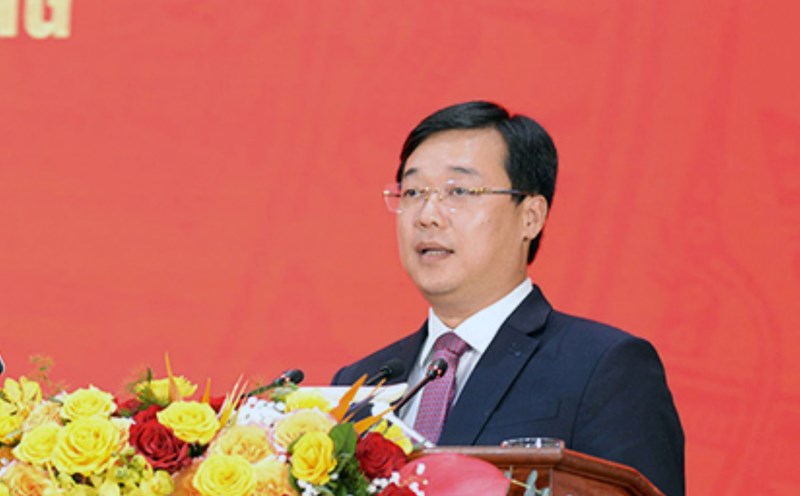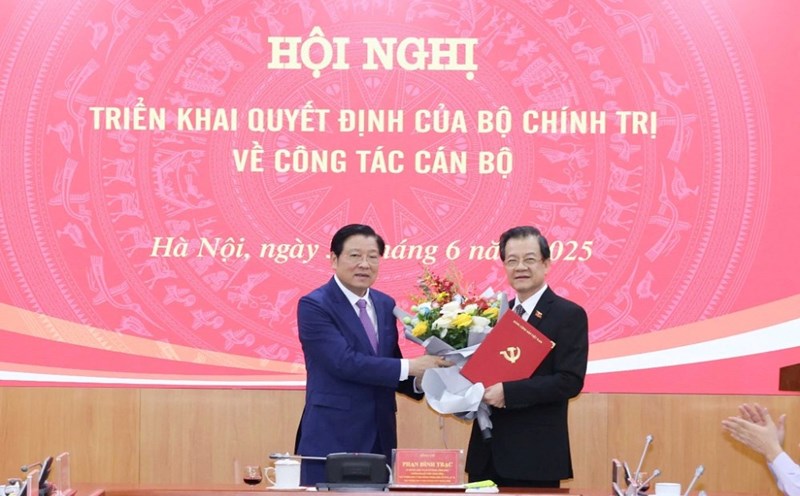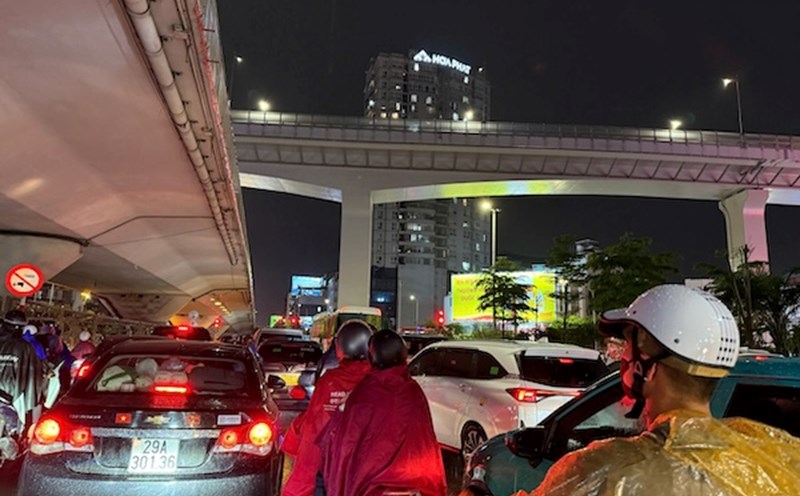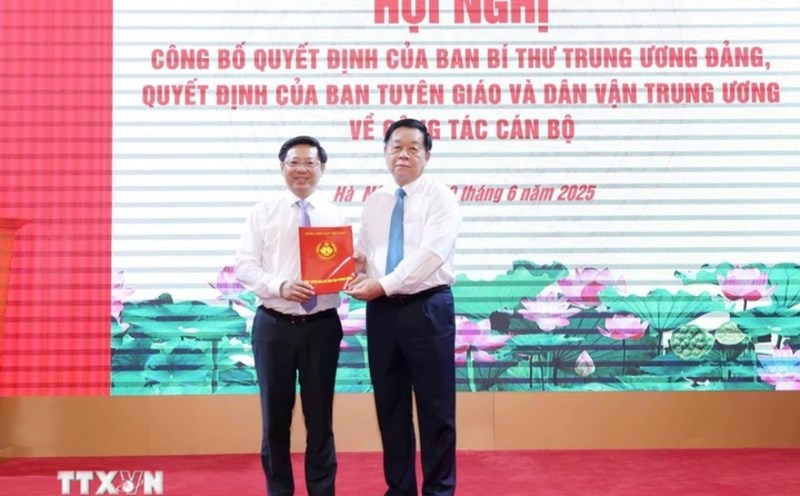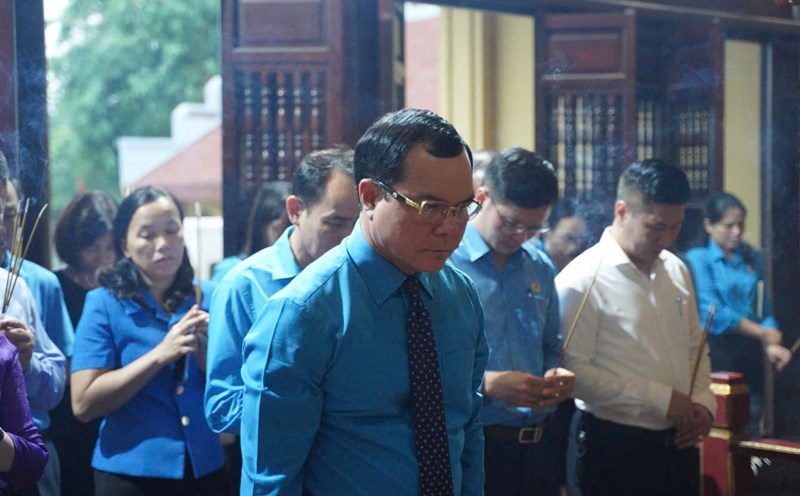Border gate commune will attract businesses to invest
Gia Lai province currently has 110 communes and 25 wards, of which 9 communes are not implementing the arrangement, including: Ia O, Nhon Chau, Ia Tach, Ia Mo, Ia Pon, Ia Nan, Ia Dom, Ia Chia and Krong. These communes are mainly located along the border of Gia Lai province, in remote areas.
Mr. Tran Ngoc Phan - Secretary of the Party Committee of Ia Dom Commune, Gia Lai Province, said that due to the urgent time and large workload, on July 1, 2025, the Party Committee of Ia Dom Commune will urgently meet to discuss and assign specific tasks to each department and unit, to ensure the apparatus operates smoothly and conveniently.
Due to the characteristics of a border commune bordering Cambodia, Ia Dom commune does not have to merge administrative units. Deploying two-level government, the Party Committee and People's Committee of the commune will focus on implementing the task of socio-economic development, ensuring security, order, and politics, improving the lives of people in mountainous areas, remote areas, and remote areas.
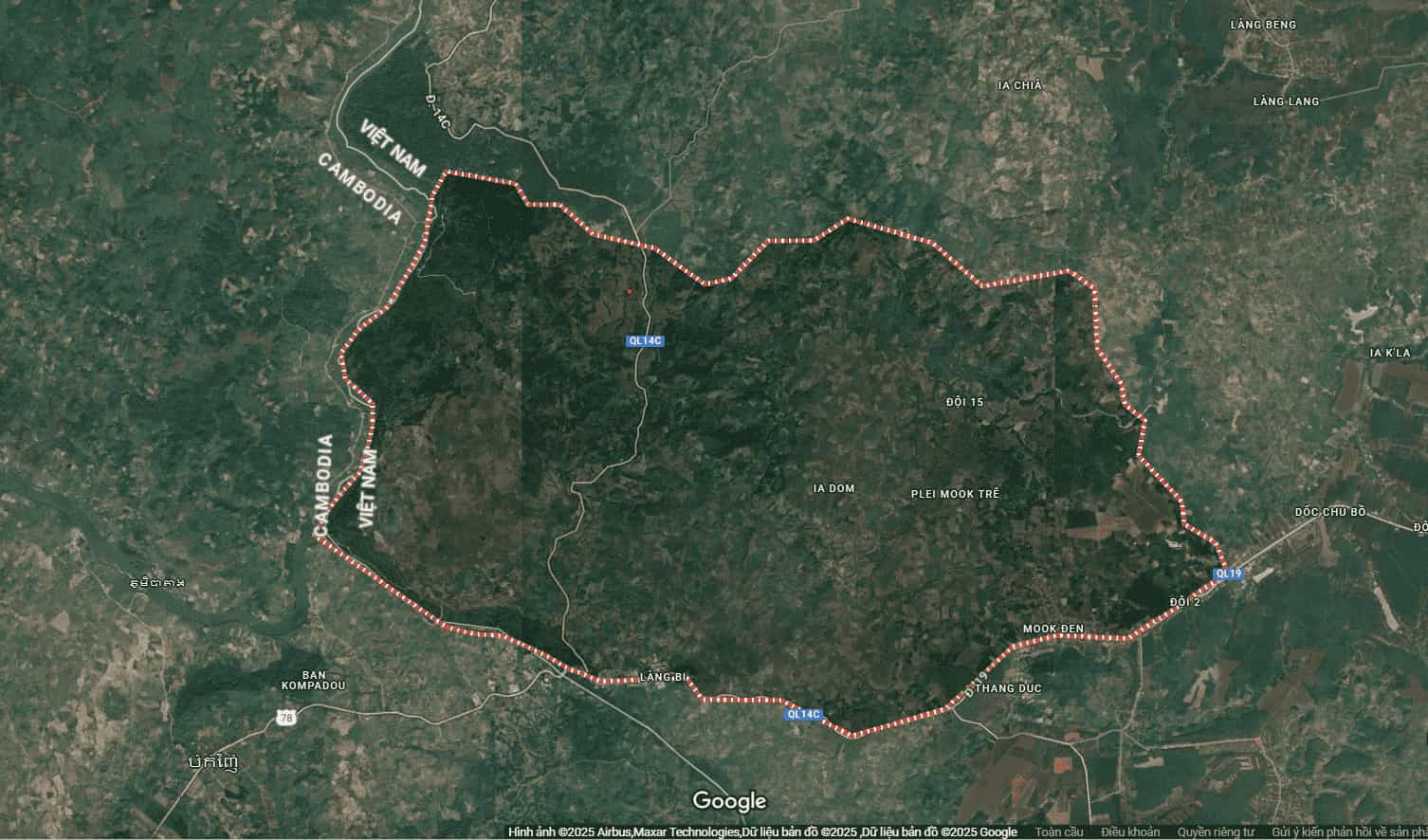
According to Mr. Phan, Ia Dom is a commune with Le Thanh international border gate, the first border commune in the country to meet the New Rural standards in 2018. Therefore, capital sources from the National Target Program have been cut. To promote potential and advantages, the commune government hopes that in the coming time, more investment resources and preferential capital will be allocated to develop production and business.
The commune's land fund is still limited, Gia Lai province has not yet handed over the land area outside the planning of three types of forests to the locality for management. Enterprises that want to invest, especially in the field of deep processing of agricultural products for export, are also facing many difficulties.
"With new mechanisms and regulations on decentralization and delegation of authority, in the coming time, the commune government will proactively gradually remove difficulties and obstacles. The most important thing is to attract investment and create conditions for manufacturing enterprises. The development of the border economy and stable people's lives will ensure security and order," Mr. Tran Ngoc Phan affirmed.
Border commune is stable thanks to irrigation water
In the border commune of Ia Mo, which has an area of over 400 km2, a population of 3,500 people, mainly ethnic minorities. Mr. Nguyen Tuan Anh - Vice Chairman of the People's Committee of Ia Mo commune, Gia Lai province - said that there are currently about 30 commune cadres and the commune police force has been increased from 10 to 29 people to ensure work close to the people, close to the people, and grasp the local situation.
For many years, the lives of people in Ia Mo commune have been difficult, with arid land and natural forest areas in the area often encroached upon and encroached upon to take land for agricultural production.
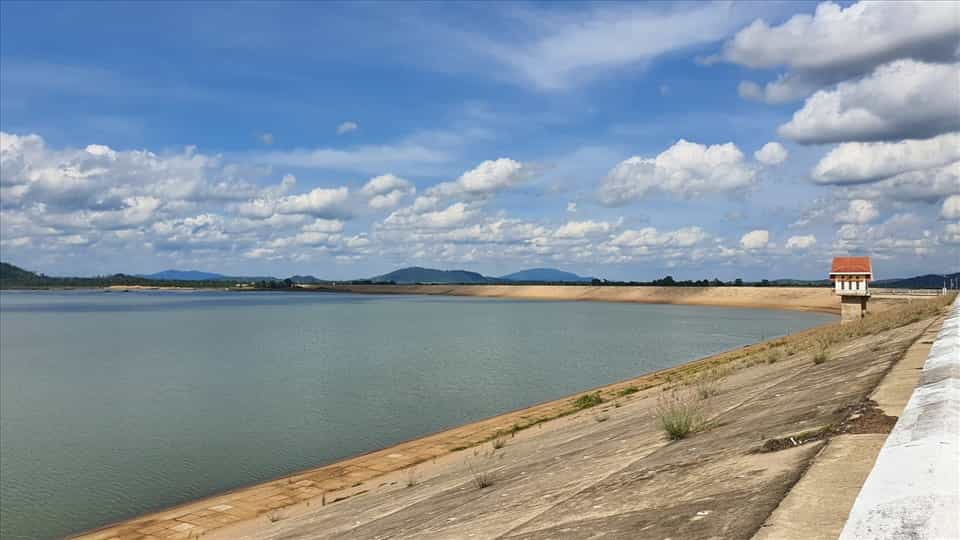
"implementing two-level government, all documents and paperwork for people coming to the commune to work more conveniently, shortening travel time and costs. Due to the characteristics of the border area, the one-stop department of the commune operates as a public administrative center.
However, the paperwork of the people in the mountainous areas does not need much transaction, mainly officials coming to the area to support people in business, production, forest protection, implementation of national target programs on livelihood support, land allocation, forest allocation, propaganda and dissemination of laws to raise awareness among ethnic minorities...", said Mr. Nguyen Tuan Anh.
Since converting a part of the natural forest area to make an irrigation area for Ia Mo irrigation lake, the reservoir water has reached the garden fields of border residents. Ethnic minorities have been able to grow 2 rice crops per year, and their economic lives have gradually improved.
Regarding the merger and establishment of new provinces, the Gia Lai Provincial Party Committee requested to strengthen ideological work, grasp the situation of cadres, party members and people, promptly resolve legitimate petitions, and avoid prolonged hot spots and complaints.
Ensure national defense, security and absolute safety during the transition period, especially in key areas, ethnic minority areas and border areas.


